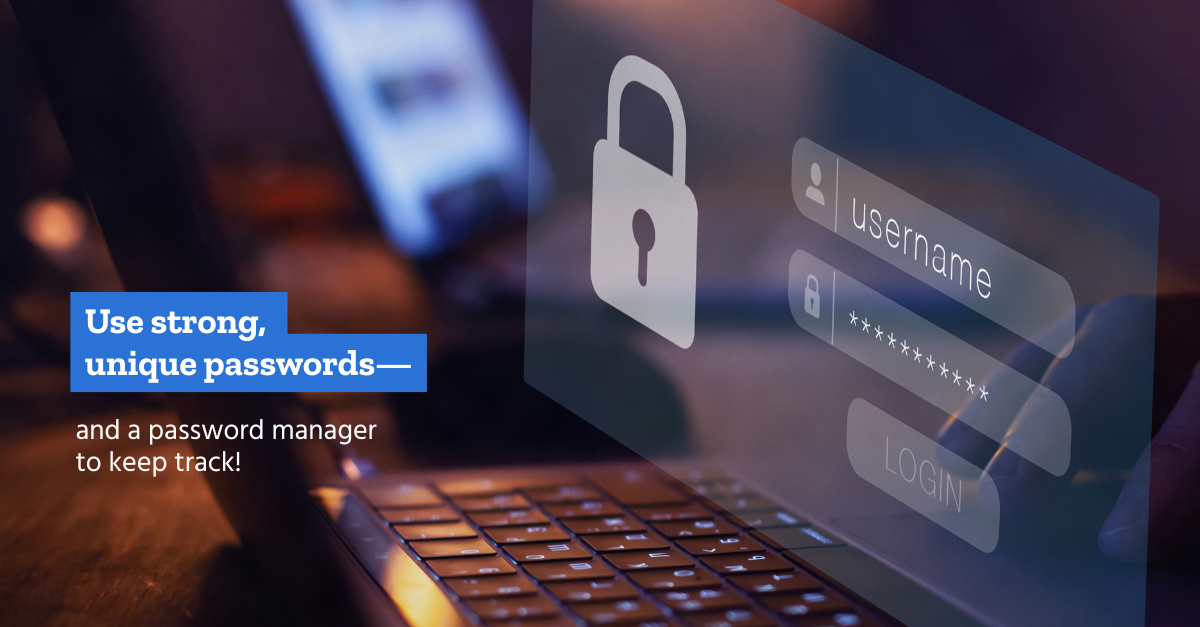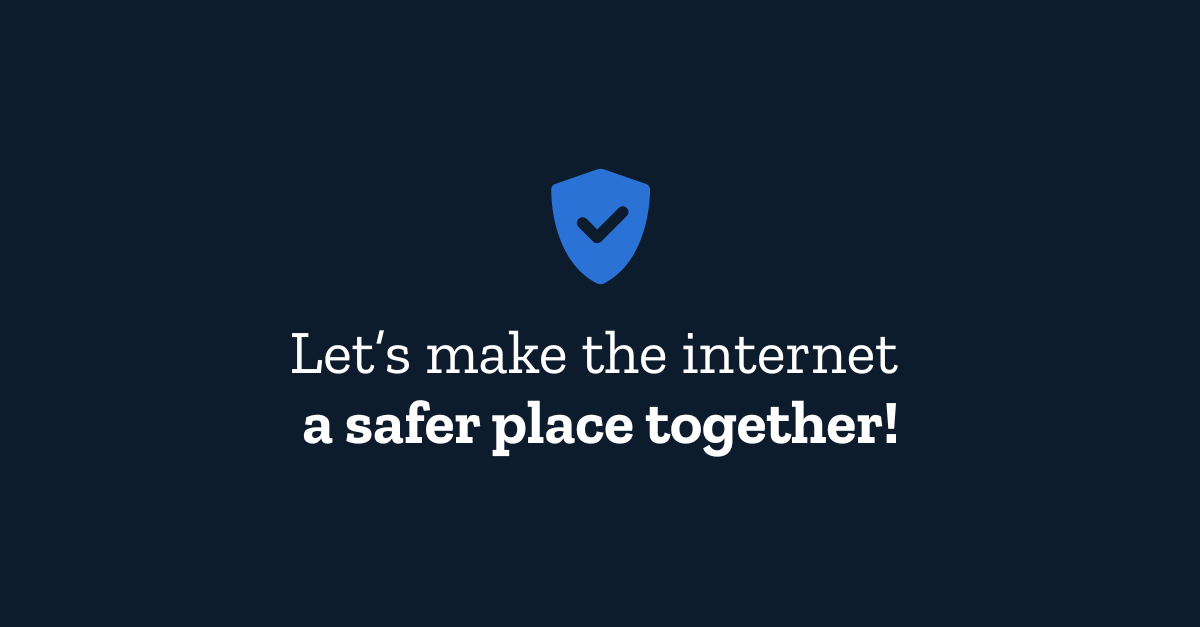Why Trust in the Internet Matters
This article draws on insights from Joseph Lorenzo Hall at the Internet Society.
We use the Internet in many aspects of our daily lives, including shopping, learning new skills, working remotely, keeping in touch with loved ones, and accessing necessary services. The list is endless, but have you ever given the question, “Can I trust the Internet?” any thought?
Despite the Internet’s immense power and transformative potential, our confidence in it is not assured. Many users today feel more exposed. What, then, constitutes a reliable Internet, and how can we all contribute to making it safer for all users?
Many of us worry about what goes on behind the scenes, even though we rely on it so heavily. This is because cyberattacks and data breaches are now all too frequent. Fake news and misinformation abound on social media and search engines, and users become skeptical and perplexed by complicated privacy policies and ambiguous terminology. It can be challenging to hold bad actors accountable due to the decentralized nature of the Internet, which makes it resilient and open.
People are reluctant to participate fully online when there is a lack of trust. Additionally, when people retreat, they lose out on the educational and entrepreneurial opportunities that the Internet has to offer.

What Qualifies as a Reliable Internet?
An Internet that empowers, protects, and includes everyone is one that can be trusted. To construct this, we must prioritize:
- Confidentiality: Your information should be handled carefully and not misused.
- Security: Robust systems ought to shield you from dangers like identity theft and hacking.
- Authenticity: It’s important to know what and whom to believe when using the Internet.
- Integrity: Data on the Internet should be trustworthy and unaltered.
- Accountability: Negligent behavior must have repercussions.
- Availability: Regardless of where they reside, everyone should be able to safely access the Internet.
So, Who’s Responsible?
We all are. Creating a safe and trusted Internet is a shared mission:
- Tech companies must build secure, privacy-respecting tools.
- Governments must enforce smart, protective policies.
- Internet service providers must secure networks and defend users.
- Civil society organizations give a voice to user rights
- Tech communities must advocate and innovate.
- And you—yes, you—can take real action in your everyday digital life.
How You Can Help Build a Safer Internet?

To have an impact, you don’t have to be an expert in cybersecurity. Begin here:
- Make use of a password manager and create strong, one-of-a-kind passwords.
- Activate two-factor authentication.
- Before you click, consider. Phishing scams can be found everywhere.
- Frequently update your devices and apps.
- Only post content on the Internet that you feel comfortable sharing.
- Report any questionable activities.
- Discuss Internet safety with loved ones.
Every choice, share, and click matters.
Your Undiscovered Superpower: Encryption

Encryption, a secret tool that jumbles data so hackers and spies can’t read it, is one way to keep your data safe. It protects everything, including your online banking and WhatsApp conversations. Our digital lives would be much less safe without it.
